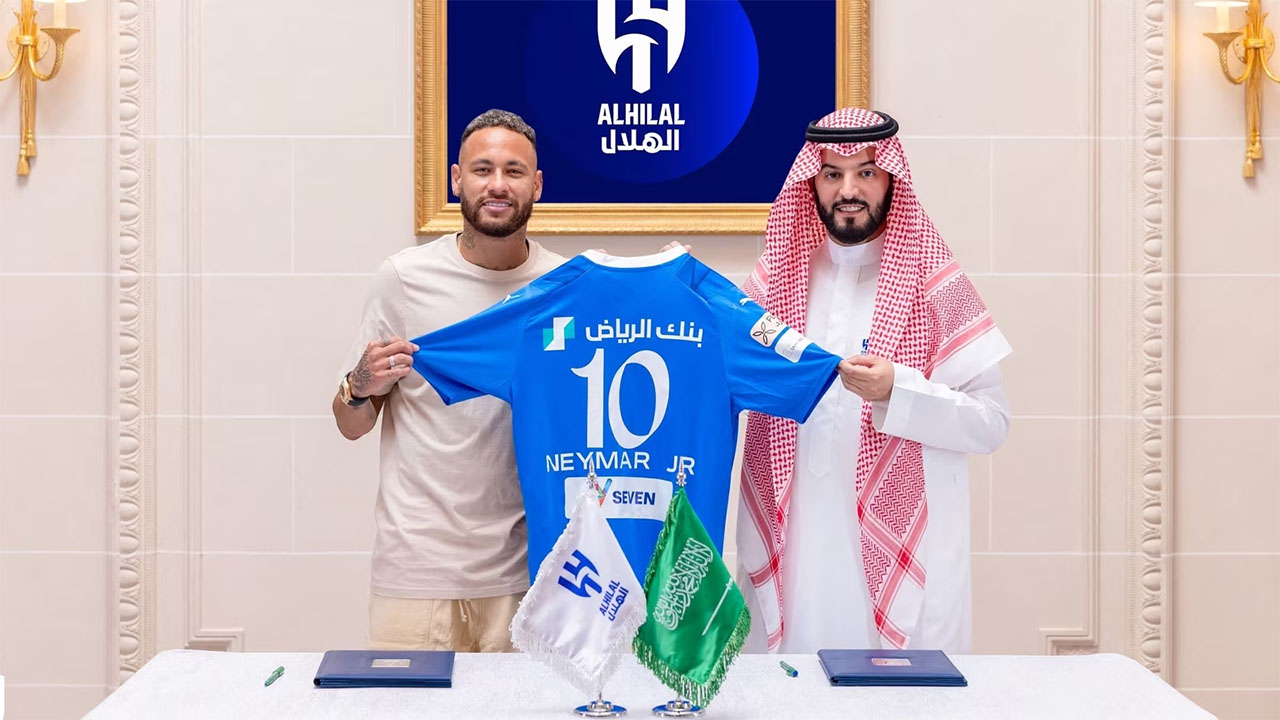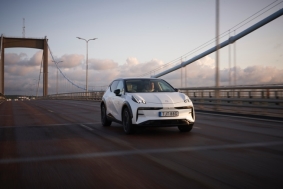The upcoming Downtown in Business ‘Business of Sport’ conference will be offering an opportunity for delegates to hear about some great sporting performances and achievements, learn about the attitude and dedication required from elite sportswomen and men, and get great insight into the mindset of a winner. However, they will also be exploring the commercial elements of sport – and in no other game is the word ‘business’ more relevant than in modern football.
Currently, the Premier League is seen as the most competitive and attractive in world football. Players from across the globe have strived to play in England to compete at what they see as the highest level, and as the money has poured in from television, media, and sponsorship rights, the ‘Prem’ has left European leagues such as the Bundesliga, Serie A, and La Liga in its wake.
English sides have dominated the Champions Legue, and other European tournaments, for many seasons now – if not always walking away with the silverware, consistently featuring in the latter stages, usually the finals, of the competitions they are competing in. And until now it has been difficult to see how its hegemony could ever be genuinely challenged.
The Premier League and the clubs within it fought off the plot to establish a breakaway European Super Lague, and the latest TV rights deals have added further riches to the PL. However, we may be seeing the emergence of a new rival to England’s dominance of the ‘Beautiful Game’.
Saudi Arabia and its ‘Pro League’ has started to attract some of the biggest football stars from across the globe, including the best European player of his generation, Cristiano Ronaldo. Liverpool legend Steven Gerrard is managing a club in Saudi, and the Reds skipper and England international Jordan Henderson have packed their bags and departed to the Middle East.
The salaries they are being offered are eye-watering, dwarfing the not insignificant sums earned by Premier Leagur players, and there are strong rumours that, as they did with Golf, the Saudis have ambitions to buy their way into the European football competitions. If Australia can compete in the Eurovision, why not Al-Riyadh in the Europa League?
Traditionalists think this is heresy of course. However, the pragmatist within me leads me to the conclusion that this transformation is inevitable, whilst the cynic in me looks at the Premier Legue and acknowledges that the days of ‘anyone being able to be anyone on the day’ and another Leicester City fairytale are a happy, but distant memory.
Financial Fair Play ensures that the Status Quo of Man City, Man United, Liverpool, Arsenal, Chelsea, and Spurs, are protected from a genuine challenge from the ‘rest’ who are there just to make up the numbers. Newcastle – again with Saudi money – will break into the cartel, but they will be an exception, not the rule.
The time when the ‘elite’ disappear into their own global league, with the top sides who dominate the leagues of Italy, Germany, and Sapin – along with the top clubs from the Pro League, and perhaps even the States, could be here sooner than you think.
For English clubs with great tradition, but a future that currently have ‘survival’ as their only real ambition, like Everton, or Wolves, or Villa, or West Ham, or Forest, or Burnley, that may prove to be a blessing in disguise in the long term.
‘Making up the numbers’ is not a sustainable business model if you wish to continue to attract 50,000 plus fans to your stadium every other week. Its survived for a decade or so now – but the football natives are getting restless – and I sense that a breakaway league may not be met with the opposition from other clubs supporters in the future in the way it was the last time around.
In the short-term, maybe the answer is to watch the Women’s Super League – and what a boost that has been given in recent weeks.
Come on the Lionesses – bring it home!!!












